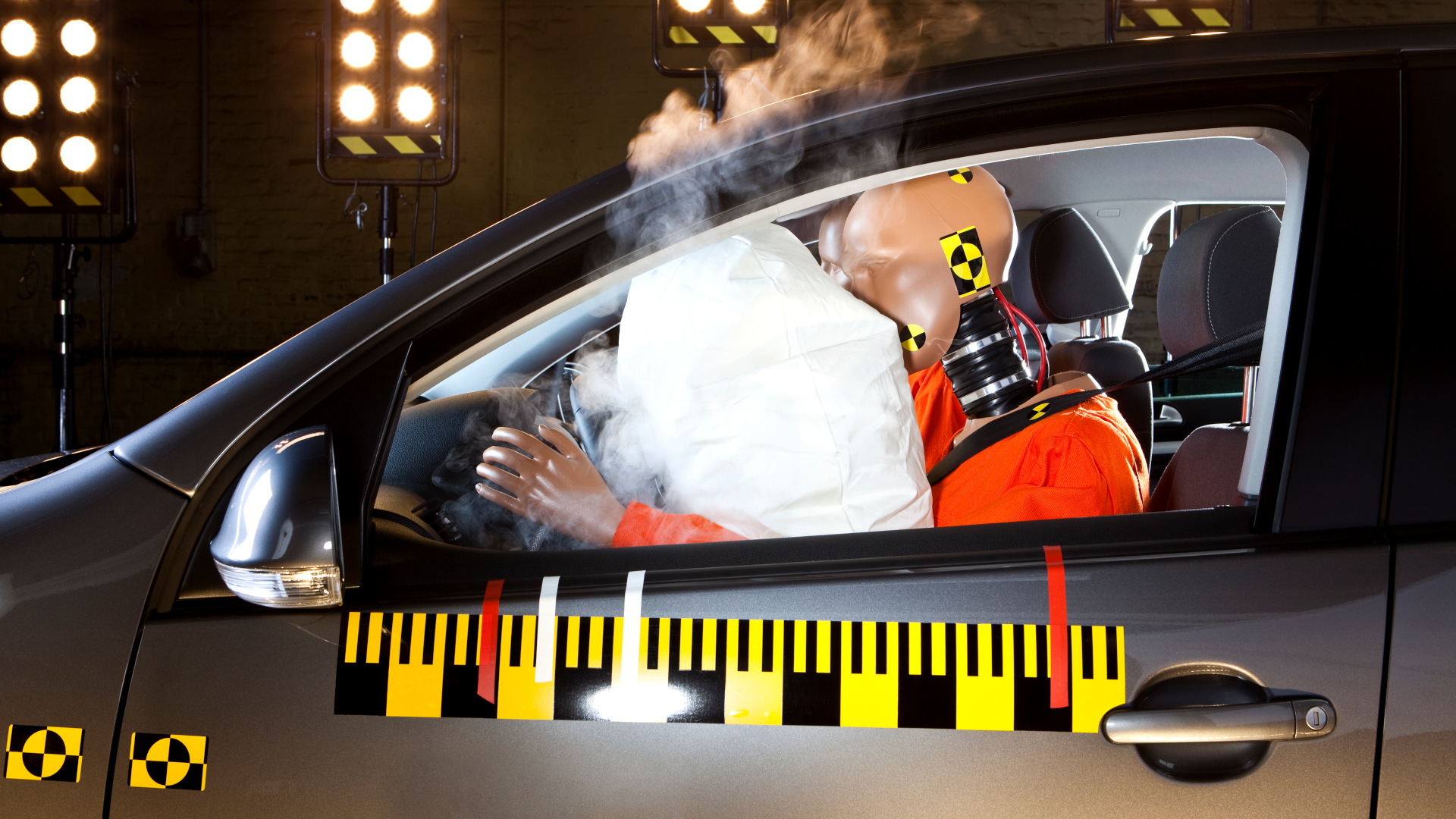

The Takata airbag recall stands as the largest automotive recall in history. 67 million airbags were subject to the measure in the United States, and over 100 million worldwide, with the effort stretching on for years as the battered company struggled to manufacture replacement parts for affected vehicles. The saga continues on, as the NHTSA has just announced a further investigation into another 30 million potentially-affected vehicles, reports Reuters.
Update: 09/22/21 9:37 p.m. ET: This article has been updated with comments from ex-Takata design engineer, John Keller.
The investigation regards vehicles built from the 2001 to 2019 model years, and concerns airbags fitted both as original equipment and as part of prior airbag recall efforts. The scope is vast, affecting vehicles from brands including Honda, Ford, Toyota, GM, Nissan, and a host of others.

The new airbags subject to investigation rely on the same phase-stabilized ammonium nitrate (PSAN) propellant as the deadly airbags subject to earlier recalls. However, these new suspect parts were fitted with a desiccant—a material that absorbs water—that was thought to protect them from degrading dangerously over time. The problem with desiccant is that eventually, it gets saturated, and can absorb no more water. The worry is that over a longer time period, even these airbags could begin to degrade, posing a risk to vehicle occupants when triggered.
It all comes down to moisture, heat, and time. Ammonium nitrate airbag propellants are hygroscopic, which means they like to absorb water. When subject to heat cycles, particularly in humid climates, the propellant can degrade over time, with its surface area or structure changing as it swells with moisture and dries out again. If the surface area of the propellant increases too much as the propellant degrades, it can rapidly increase the rate of reaction when the propellant is triggered. This can lead to an overpressure event which ruptures the metal casing of the airbag housing, sending shrapnel flying into the cabin of the vehicle.
Obviously, a desiccant material that preferentially absorbs water would help with this issue. However, if saturated, the desiccant can do no more and the degradation of the propellant can begin. The federal regulator notes that saturation can occur “within the first five years in the worst environments,” but that the time required is subject to multiple factors that complicates analysis.

The crux of the NHTSA investigation is to determine whether or not the desiccant-equipped PSAN airbags are safe over the long term, or merely slower-ticking timebombs in themselves. In an engineering analysis document regarding the new investigation, the regulator states “While no present safety risk has been identified, further work is needed to evaluate the future risk of non-recalled desiccated inflators using propellant 2004 [PSAN].” The document notes only two field rupture incidents regarding desiccant-type PSAN airbag inflators due to manufacturing defects, with no injuries recorded.
Speaking to The Drive, former Takata design engineer John Keller notes that the desiccant is not a complete solution to the long-term instability of the ammonium nitrate propellant. “Initially, the desiccated inflators won’t pose the same risk as a non-desiccated inflator that’s been on the road for the same amount of time, but eventually they will present the same risk once the desiccant saturates,” said Keller. “Everyone who knows about the problems associated with Takata’s PSAN inflators have known for many years that desiccant was never a real fix. The problem is PSAN propellant… desiccant just sets the time bomb’s clock back, it’s not a permanent fix.”
The previously-recalled Takata airbags have been implicated in 28 deaths worldwide. 19 have occurred in the US, along with over 400 injuries. Thus far, of the 67 million Takata airbag inflators recalled domestically, 50 million have been repaired or otherwise accounted for by the NHTSA.
It’s clear regulators are eager to get out ahead of any potential problem. Automakers will be watching closely in order to prepare for any further potential recalls that spring up from the investigations findings.
Got a tip? Let the author know: lewin@thedrive.com